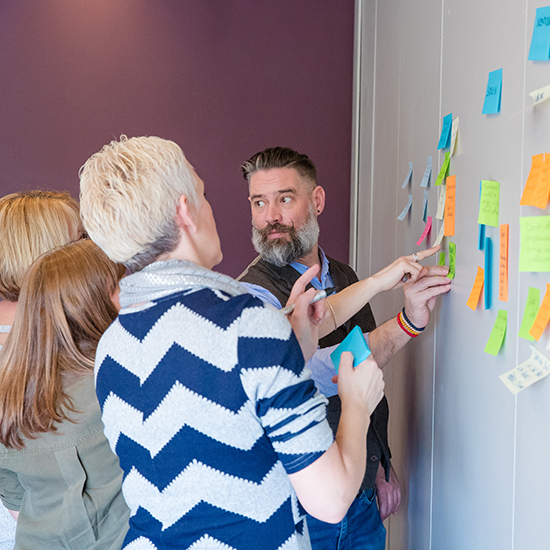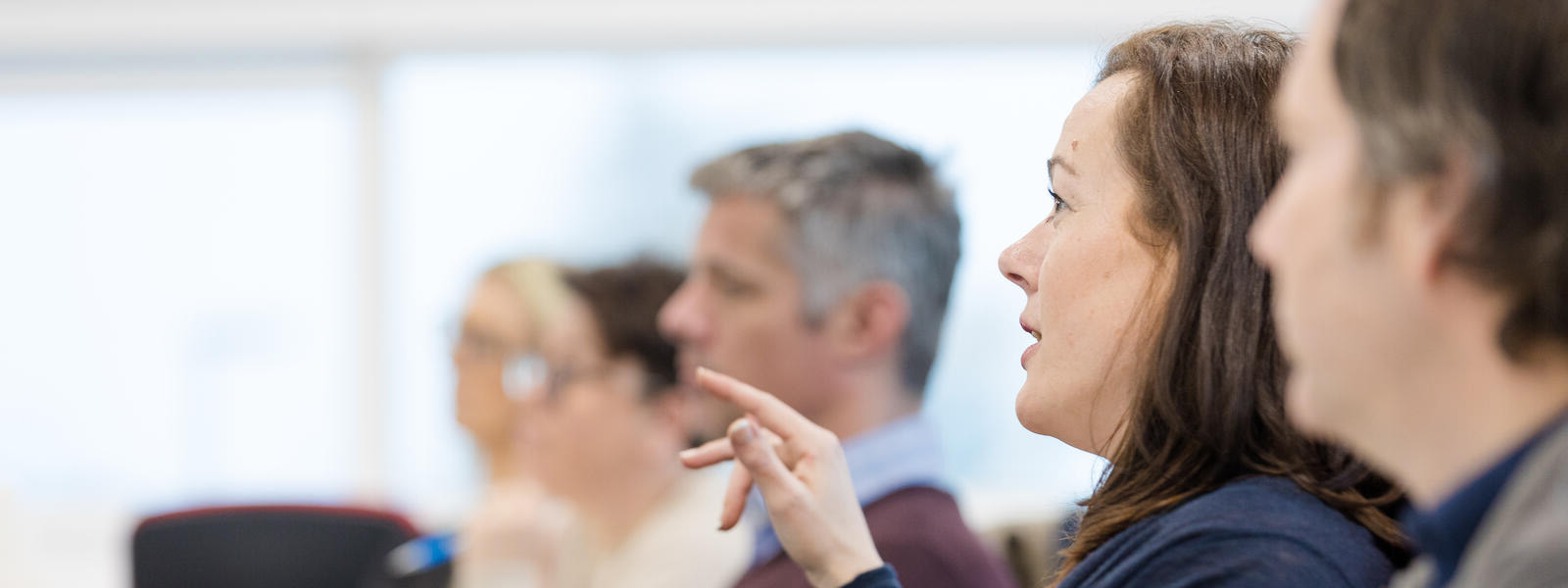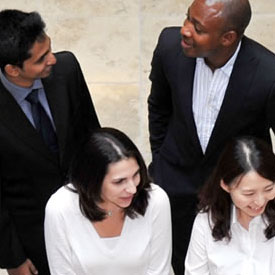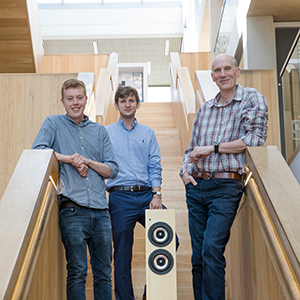
Innovation Development Programme
A six-month programme as part of the Cumbria Innovations Platform, designed for Cumbria based SMEs to explore new markets or ideas for product and service development. Explore and evaluate opportunities, challenge each other, and learn the tools and knowledge needed to accelerate innovative business ideas.

About the Programme
This is a historic programme that was funded by ERDF between 2014 and 2020. For further information about other business development opportunities please get in touch with us.
The Innovation Development Programme is a programme delivered by Lancaster University Management School and has been specifically designed for senior decision makers of Cumbria based SMEs. This six month peer-network programme will give delegates the space to explore emerging trends and the opportunities for innovation in their businesses.

Programme Elements
The Innovation Development Programme includes Monthly sector-focused half-day workshops and masterclasses
The Benefits
You will gain insights into the challenges and opportunities identified by future trends. Learn the tools and approaches to implement innovation in your business. Develop long-term relationships with like-minded businesses. Throughout the programme, you will have access to Lancaster University expertise to aid with progression of your ideas.
"Change is accelerating at an ever increasing pace and for business this means exciting new opportunities and markets to explore. For Cumbria businesses, this is a chance to evaluate new opportunities through workshops, business tools and a trusted peer network. Over six months, businesses will access our expertise and support on their journey to developing tangible and innovative business ideas.” Zoe Detko, Project Delivery Manager

Collaboration
This programme forms part of the Cumbria Innovations Platform, a new collaborative project between Lancaster University and the University of Cumbria. This is a £4.1m project which is intended to accelerate innovation in Cumbria by driving transformative thinking and support the commercialisation of new ideas.
Cumbria Innovations PlatformCosts & Apply
This programme is fully funded and available to businesses which are eligible under the European Regional Development Fund (ERDF) criteria, as follows:
- Based in Cumbria
- Employ fewer than 250 full-time equivalent (FTE) employees
- Annual turnover of less than €50 million (or the equivalent in GBP)
- Received less than €200,000 of de minimis State Aid in the last 3 years




